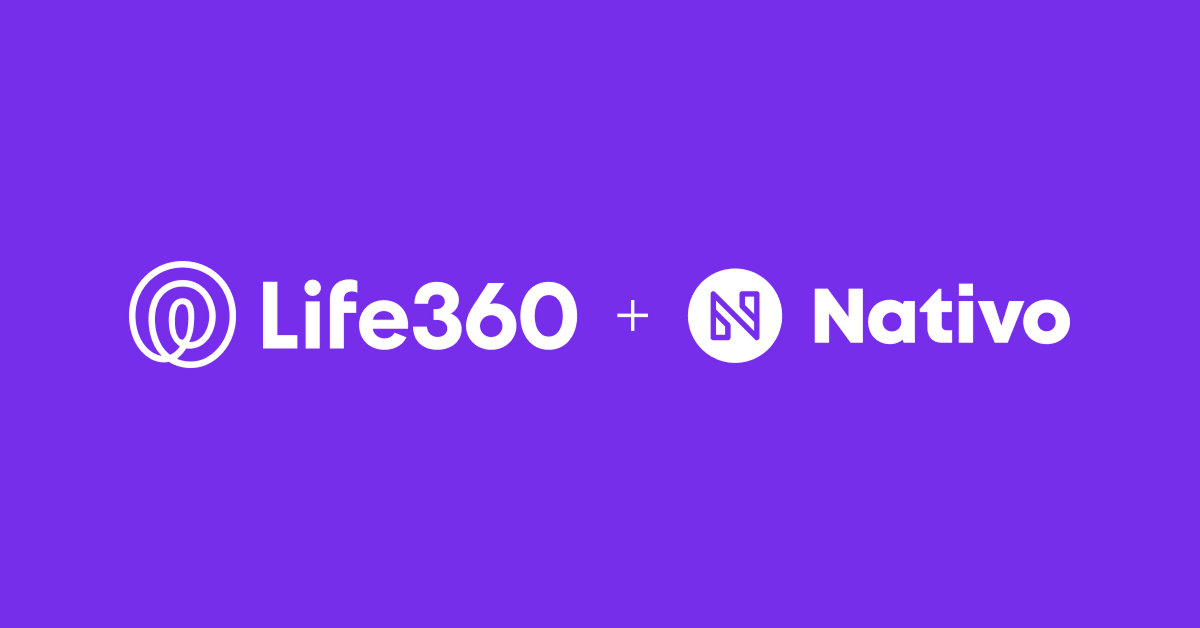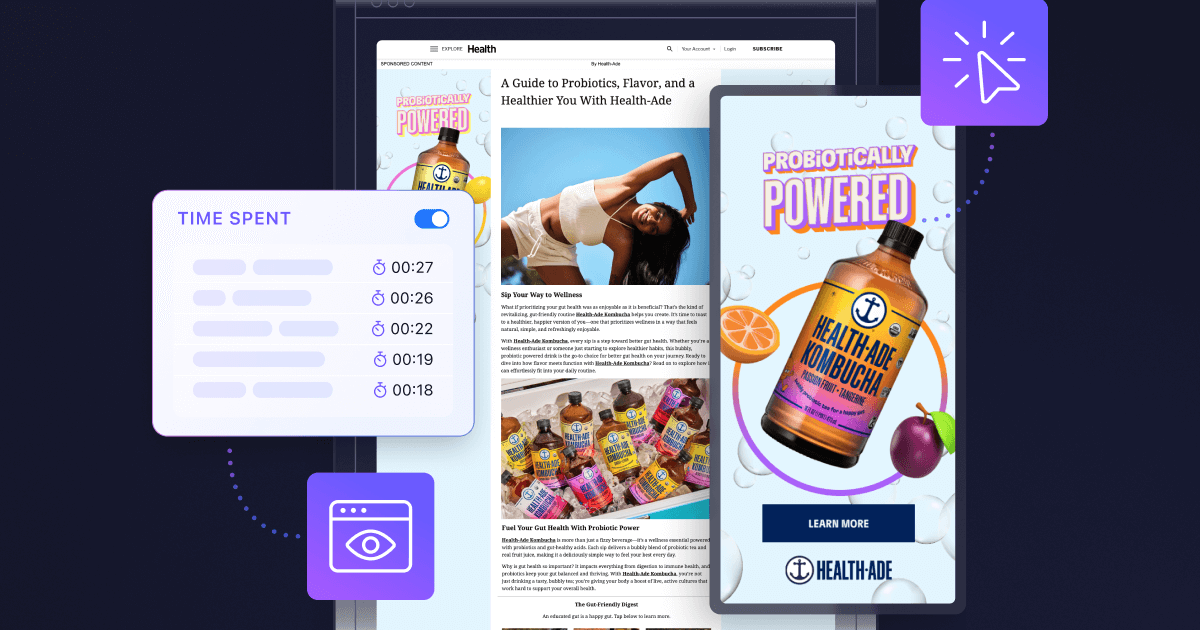What Is the Impact of AI and Machine Learning on Commerce Media?

Commerce media’s growing importance within the media mix is a direct reflection of the access that commerce platforms have to robust, accurate first-party customer data sets. With commerce media platforms offering unparalleled insights into the customer purchase journey, it’s no surprise that artificial intelligence (AI) and machine learning (ML) play a crucial role in refining targeting and segmentation strategies.
AI and ML technologies thrive on access to quality data. Because commerce platforms offer such data, these technologies can be leveraged to great effect for advertising purposes. When applied to commerce media campaigns, AI and ML enable advertisers to harness data at scale to improve the precision, efficiency, and effectiveness of their efforts.
Here are four key ways in which AI and ML are powering commerce media.
Personalization
Personalization has long been a cornerstone of effective marketing, and AI is taking it to new heights in commerce media. AI algorithms analyze customer data—such as purchase history, browsing behavior, and demographics—to deliver tailored product recommendations, promotions, and content. By creating a more relevant shopping experience, AI-powered personalization drives customer satisfaction and increases conversion rates.
For example, a major e-commerce platform might use AI to suggest complementary products, including sponsored recommendations, based on a customer’s past purchases. If a shopper buys a coffee maker, the platform could recommend coffee beans, filters, and descaling solutions, increasing basket size and customer value.
Studies show that personalized marketing can reduce customer acquisition costs by as much as 50 percent, lift revenues by 5 to 15 percent, and increase marketing ROI by 10 to 30 percent. For commerce media platforms, these AI-driven capabilities are a key reason for their growing popularity among advertisers.
Dynamic Pricing
Dynamic pricing, driven by AI, allows commerce media platforms to adjust prices in real-time based on market conditions, demand fluctuations, and customer behavior. This capability helps advertisers optimize pricing strategies to maximize revenue while staying competitive.
To enable dynamic pricing, AI algorithms analyze factors such as competitor pricing, inventory levels, and customer willingness to pay. This data enables platforms to set optimal prices for sponsored products or featured items. For example, a retailer using AI-driven dynamic pricing can automatically lower the price of a seasonal product nearing the end of its demand cycle, clearing inventory while maintaining profitability.
In the context of commerce media campaigns, advertisers should exercise caution with dynamic pricing. While leaning into AI-driven tools to optimize price can drive results, advertisers should maintain control over pricing parameters to ensure their brand positioning and margins align with business goals.
Customer Segmentation
AI excels at identifying patterns within large datasets, making it an invaluable tool for customer segmentation. By grouping customers into distinct segments based on their characteristics, behaviors, and preferences, commerce platforms and advertisers can craft highly targeted marketing campaigns. Advantages include:
- Behavior-based segmentation: AI can identify groups based on purchase habits, browsing patterns, or loyalty program activity.
- Predictive insights: ML models can forecast future behaviors, such as likelihood to purchase or churn, enabling proactive engagement strategies.
For example, a commerce media platform might use AI to segment customers who frequently shop for luxury items and target them with premium product ads and exclusive offers, maximizing ROI.
Search Optimization
Search functionality is a critical component of commerce media platforms, and AI has revolutionized its effectiveness. AI-powered search engines enhance the user experience by understanding queries more accurately and delivering relevant product suggestions. This, in turn, improves the performance of search and product ads.
Here’s a couple of ways in which AI enhances search:
- Natural language processing (NLP): AI can interpret complex or conversational queries, ensuring accurate results.
- Relevancy scoring: Machine learning models can prioritize product suggestions based on user intent, popularity, and personalization data.
Commerce platforms using AI-powered search have seen increases in engagement and conversion rates due to more accurate and personalized results. For example, a user searching for “running shoes for women” might see highly relevant products tailored to their preferences, including sponsored listings that align with their past behavior. In this same vein, AI tools can help ensure that sponsored search ads appear in the most relevant contexts, increasing click-through rates and driving higher conversion rates.
The integration of AI and machine learning into commerce and retail media has unlocked new levels of efficiency and effectiveness for advertisers. From personalization and dynamic pricing to customer segmentation and search optimization, these technologies enable brands to leverage commerce data more strategically. However, the success of AI-driven commerce media hinges on robust first-party data. Brands that invest in collecting and integrating their own customer insights with those of commerce media platforms stand to gain a significant competitive edge.

.jpg)


